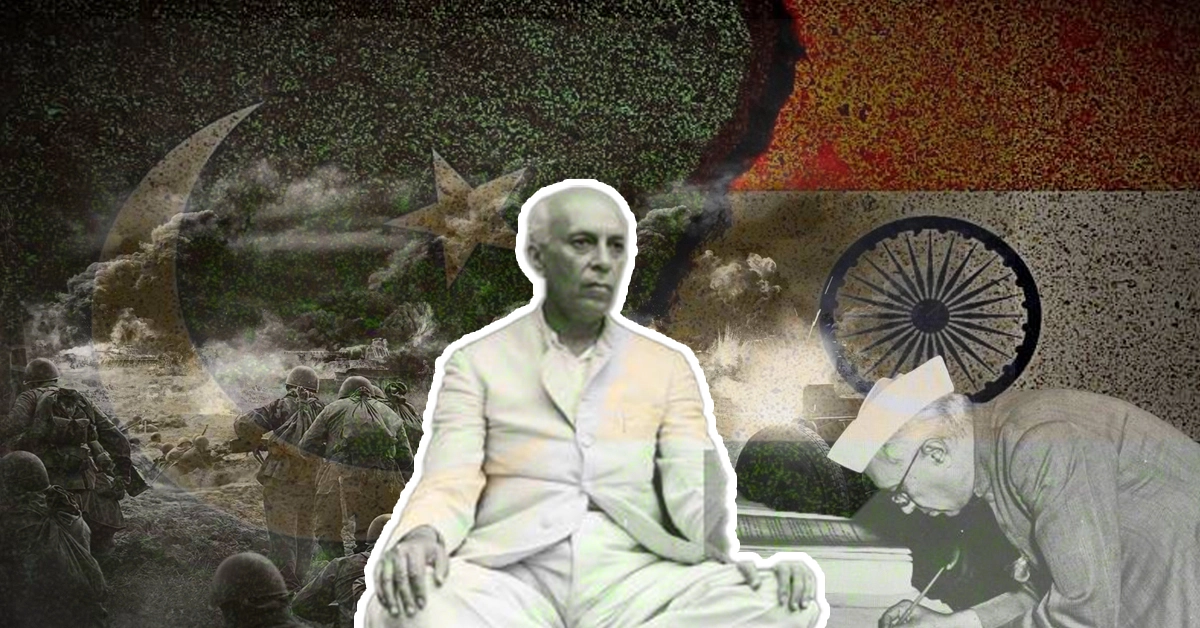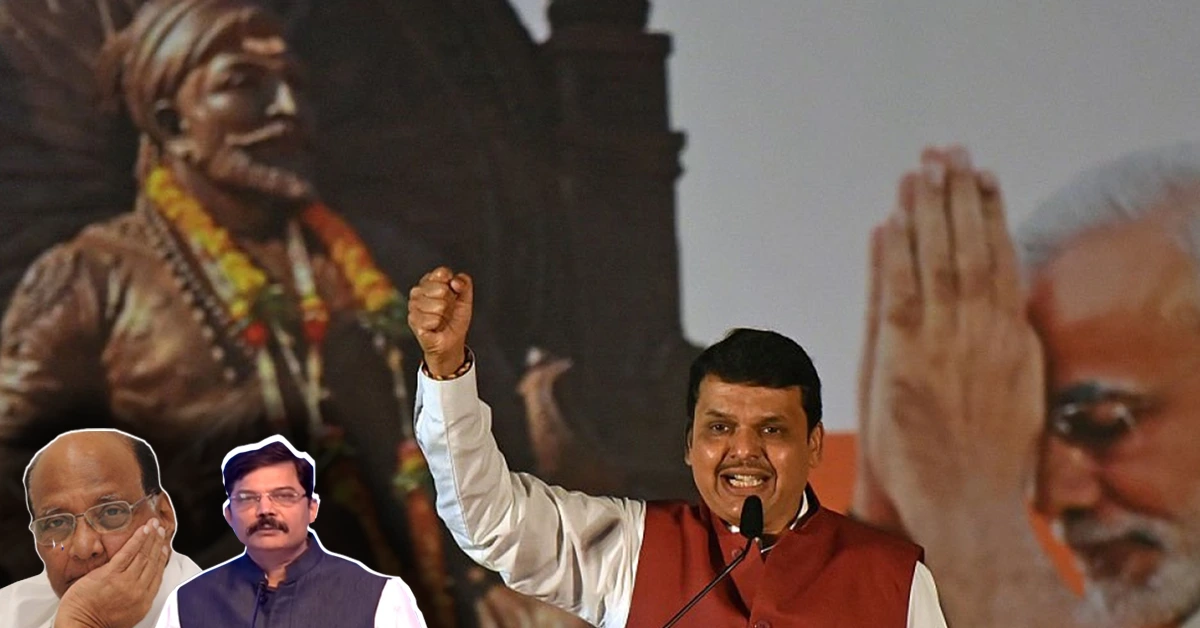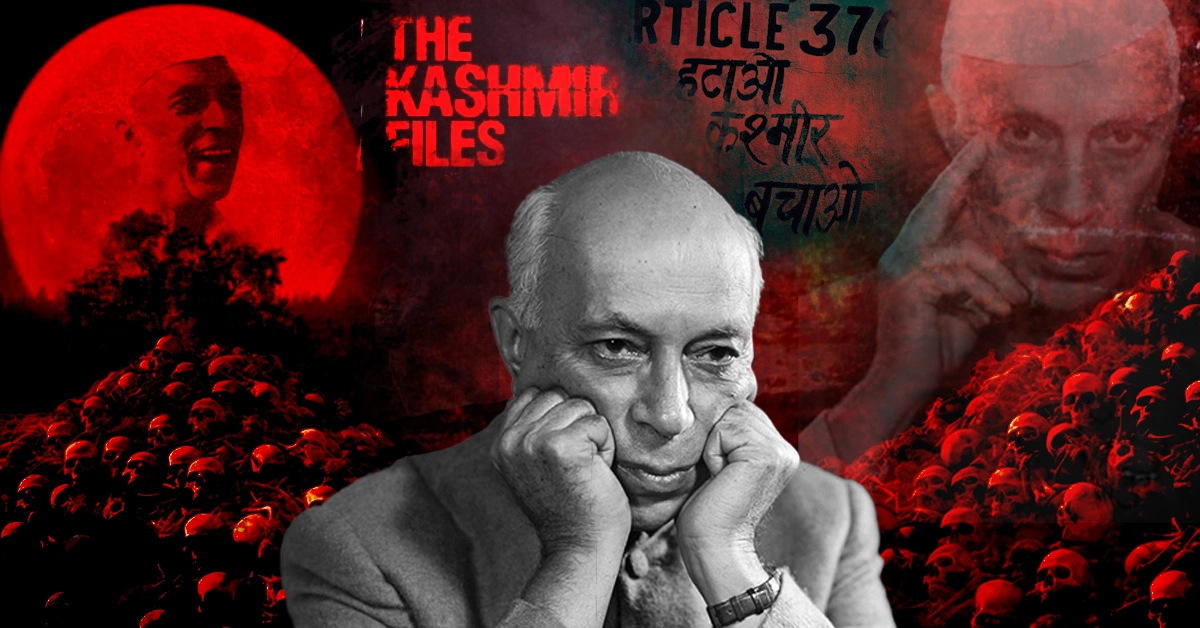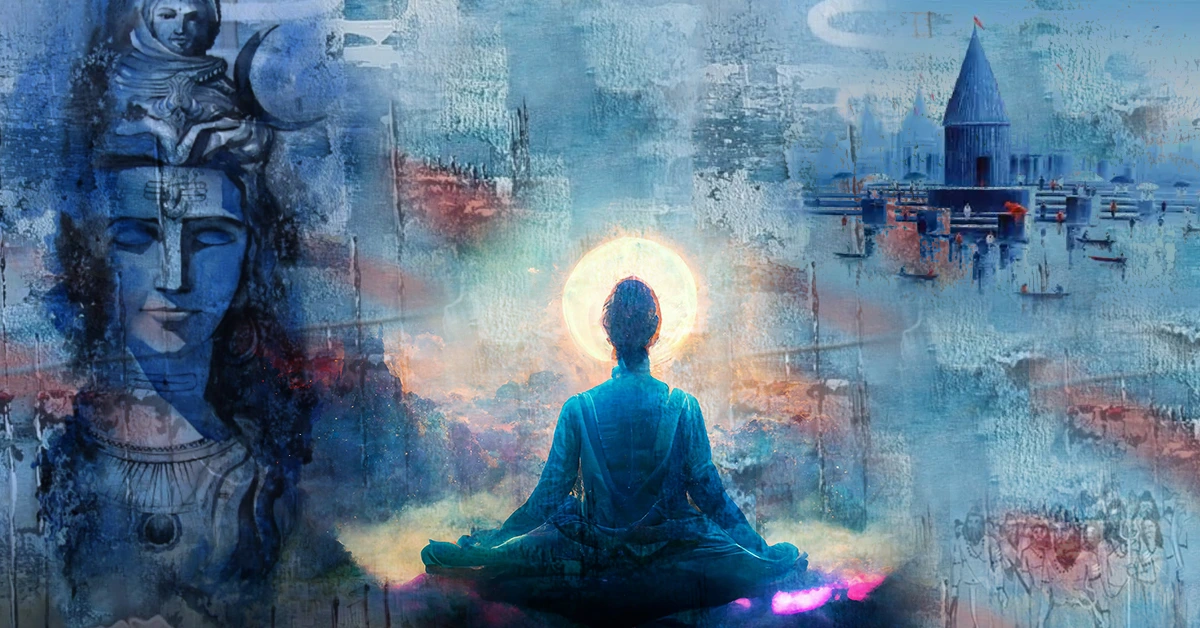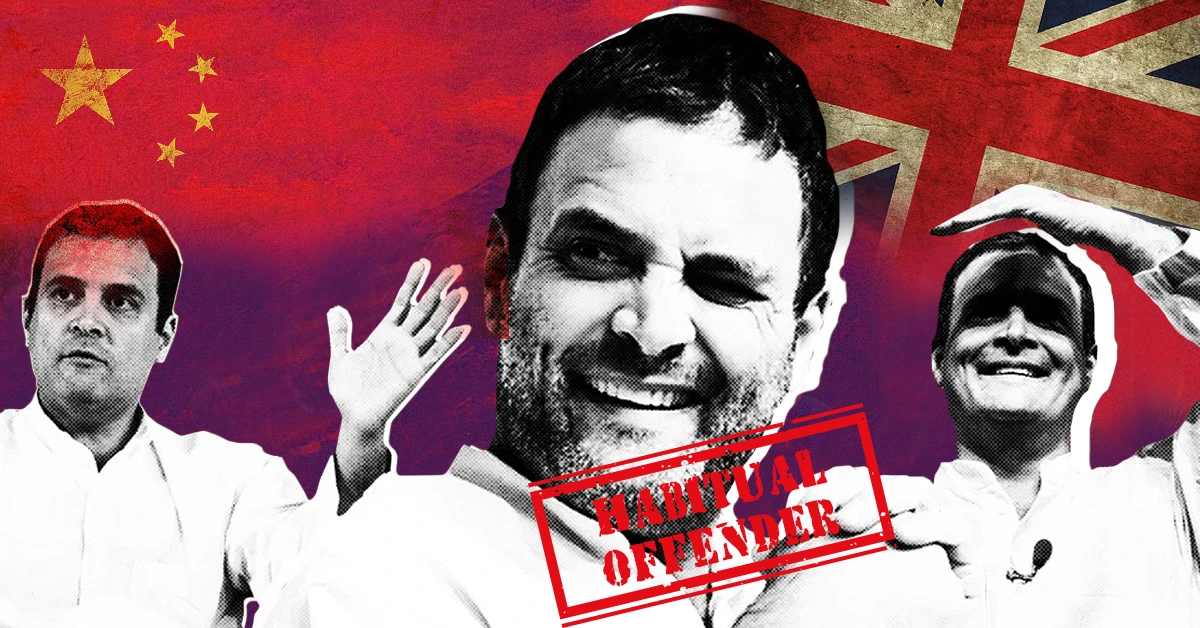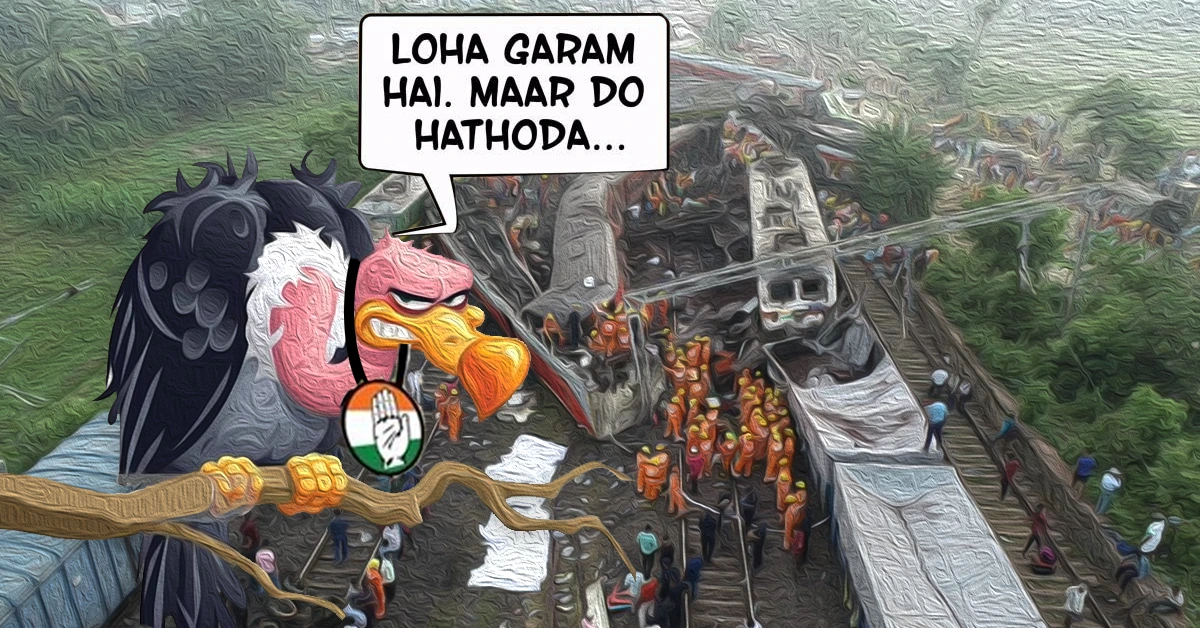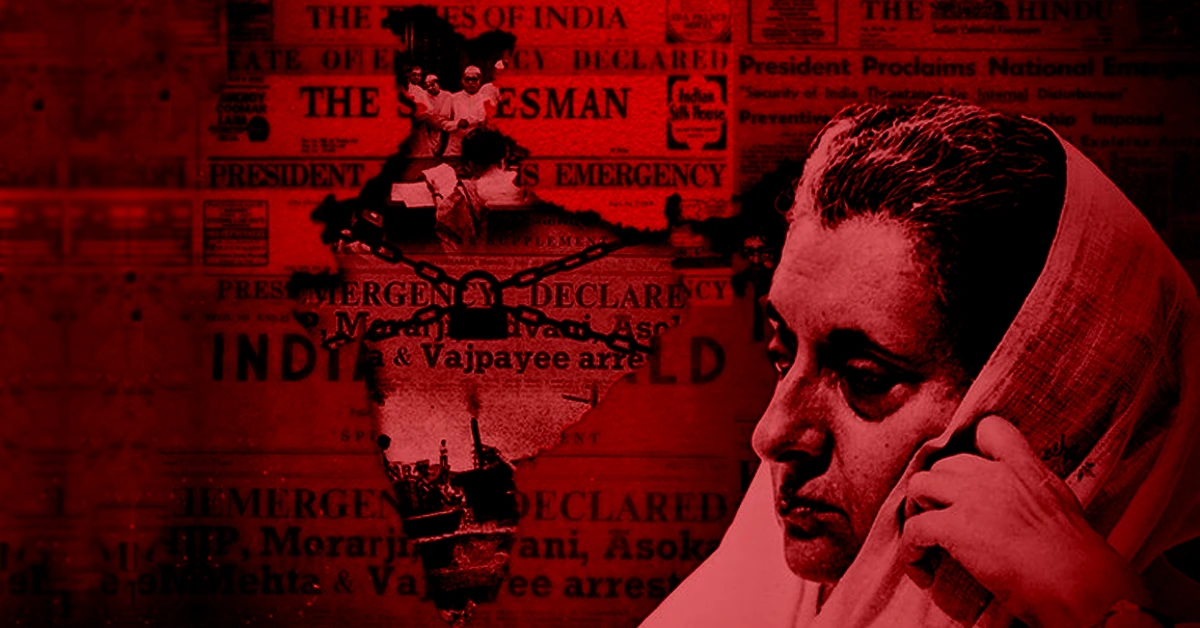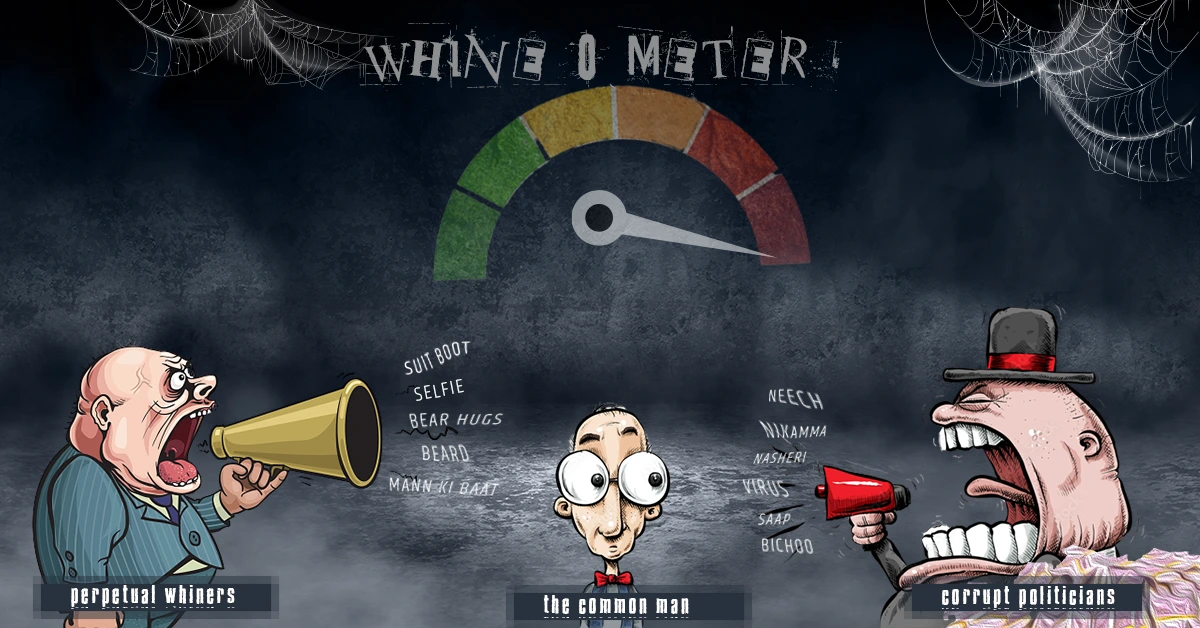In 1947, Nehru's meddlesome actions in Jammu and Kashmir marked a colossal blunder, prioritizing personal agendas over India's security. His reckless promises, callous disregard for Maharaja Hari Singh's pleas, and the disastrous ceasefire in 1948 allowed Pakistan to seize strategic regions, paving the way for future conflict and the rise →Read More →
CAA: वसुधैव कुटुम्बकम
With the passing of the CAA, stormtroopers in the lutyens media appears to have become the purveyor of inflammatory falsehoods with the sole intention of vilifying Narendra Modi. It then becomes necessary to to draw a distinction between truth and propaganda.
Read Time: 15 minutes
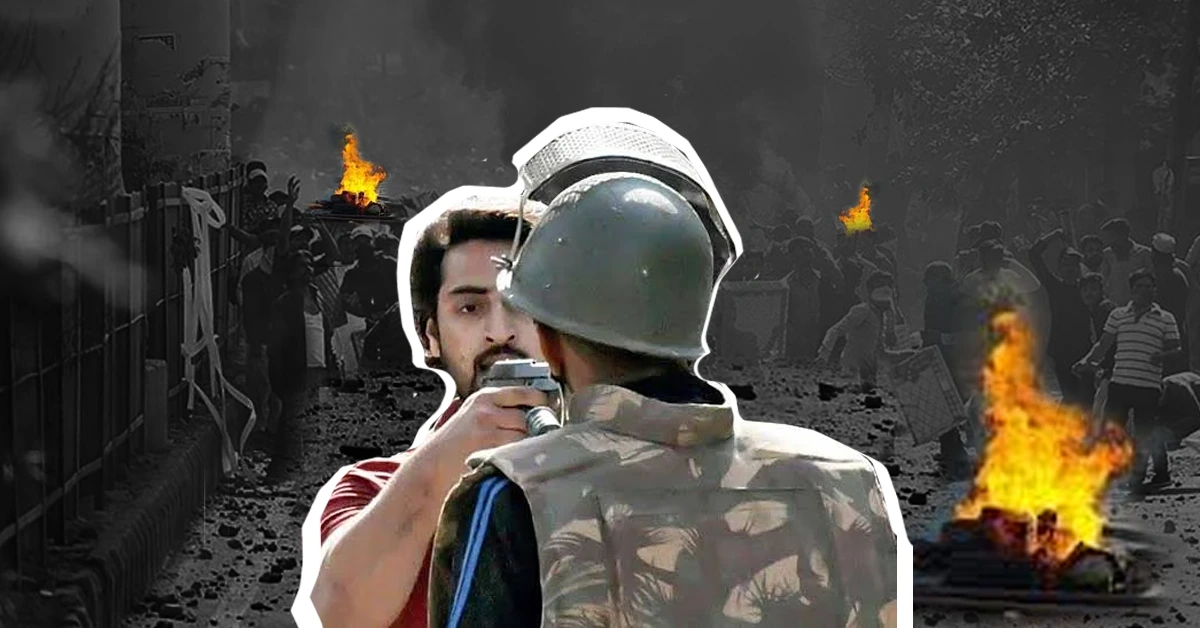
click play to listen to the article
CAA Introduction:
In the past, issues of national interest, cultural identity, civilizational causes, humanitarian and governance concerns were decided taking into account the considerations of the then government’s vote-bank. But since 2014, the Narendra Modi led government has brought in a tectonic shift in Indian politics. What was once a family first, party second and the nation at the last approach has now changed to Nation first, party second and family at the last approach. The Citizenship Amendment Act, CAA – 2019 is a positive step in this direction. It is not about excluding anybody; it is about including some. It is an effort to grant citizenship to minorities who have come to India seeking refuge from religious persecution or the fear of it.
Several arguments were made against the CAA, most of which were caught up on rhetoric and not based on any facts. Stormtroopers in the lutyens media vociferously argued against the CAA by portraying it to be anti-Muslim. They are still deliberately cherry-picking facts and imposing them as the nation’s view to create a narrative that suggests the CAA to be unconstitutional and discriminatory. The media appears to have become the purveyor of inflammatory falsehoods with the sole intention of vilifying Narendra Modi, not surprising considering their life-long hatred towards Narendra Modi and the Bharatiya Janata Party (BJP). All these arguments do not just have any constitutional or legal basis, but also lack logical foundation. It then becomes necessary to evaluate the dimensions of this amendment in order to draw a distinction between truth and propaganda. Let us analyse each one systematically.
#1: Why does CAA apply just to Pakistan, Afghanistan and Bangladesh? Why not China, Myanmar and Sri Lanka?
Principles of Indian law hold that if you pass a specific legislation for one, you do not have to pass the specific legislation for all. CAA does not address all persecutions, but rather persecutions emanating from States that officially have a religious identity.
China is officially the People’s Republic of China. Sri Lanka is officially Democratic Socialist Republic of Sri Lanka while Myanmar is Republic of the Union of Myanmar. All these three states have no “religious identity”, and are ‘secular’ by law. While Bangladesh does not include Islam in its name, the Supreme Court has repeatedly held that it is an Islamic Republic. Pakistan is officially the Islamic Republic of Pakistan and Afghanistan is the Islamic Republic of Afghanistan. All three, Pakistan, Bangladesh and Afghanistan are the only nations among these which are governed by a state religion, Islam. Selecting these three nations thus has a solid legal foundation.
#2: CAA is anti-Muslim as Muslims from Pakistan, Afghanistan and Bangladesh are being denied citizenship.
Indian population is woefully short and so we must have people coming from all over the world to occupy Indian space and resources is not an argument that even the critics of CAA believe in.
The amendment which was passed constitutionally was tailored to specifically provide shelter to refugees who have fled from the neighbouring countries because of religious persecution. Hindus, Sikhs, Buddhists, Jains, Parsis and Christians are minorities in these three states and have faced religious persecution for decades. To identify this persecuted class, the CAA has taken a cue from the definition of refugee in the Geneva Convention of 1951.
The atrocities minorities have faced in these parts is clearly visible from the fact that the minority population in Pakistan has decreased from 23 per cent in 1947 to 3.7 per cent in 2011. Similarly, the minority population in Bangladesh has decreased from 22 per cent in 1947 to 7 per cent in 2011. Situation in Afghanistan is no different. In 1952, Afghanistan had a minority population of 2 lakh Hindus and Sikhs. As of 2018, the population has declined to a meagre 500. In 1941 the Muslim population in Pakistan was 79.2 per cent. By 2015 it rose to 96.28 per cent. Similarly in 1951 the Muslim population in Bangladesh was 76.9 per cent and it rose to 90.4 per cent by 2011. Did the Muslim population in these states decline? Do Muslims face conversion or harassment for practicing Islam? Unlike the minority, do the Muslims need to display a yellow-colored cloth on their houses? Unlike the minority, do Muslim women need to identify themselves by putting a yellow-colored mark over their clothes? In many parts of these Islamic worlds, women are forced to wear burkhas, inspite of their religion. No one can deny these atrocities and religious persecutions faced by minorities in these countries. The CAA takes into consideration this poignant reality of persecution on religious grounds in Pakistan, Afghanistan and Bangladesh.
The Modi government has not done anything new. They have just followed past precedents which have also provided similar tailored solutions to address particular evils. In 1971, Indira Gandhi gave shelter to Bangladeshi refugees only. A Congress Chief Minister from Rajasthan appealed to another Congress Home Minister of the Central Government to provide citizenship to only Hindu and Sikh refugees from Pakistan. The Congress governments delivered such citizenship on two known occasions. On 25 November 1947, the Congress passed a resolution stating that every non-Muslim refugee of Pakistani nationality shall be provided shelter in India.
Gandhi Ji promised in a prayer meeting in Delhi on 16 July 1947, “There is the problem of those who fear, imaginary or real, will have to leave their own homes in Pakistan. If hindrances are created in their daily work or movement or if they are treated as foreigner in their own land, then they will not be able to stay there. In that case the duty of the adjoining province on this side of the border will be to accept them with both arms and extend to them all legitimate opportunities. They should be made to feel that they have not come to an alien land”.
On 26 September 1947, Gandhi ji invited (only) Hindu and Sikh nationals of Pakistan and proclaimed that it would be the first duty of the Indian government to not just shelter such refugees but also provide them with employment, voting rights and enrich their lives in general.
Jawaharlal Nehru, in the Parliament on 5 November, 1950 said, “There is no doubt, of course, that those displaced persons who have come to settle in India are bound to have the citizenship. If the law is inadequate in this respect, the law should be changed.” Former Assam Congress Chief Minister, Tarun Gogoi on 20 April 2012 submitted a Memorandum to Dr. Manmohan Singh demanding citizenship for Hindu migrants. Dr. Manmohan Singh in Rajya Sabha stated that it is the moral responsibility of our country to provide citizenship to minorities of Bangladesh and Pakistan. There have also been several instances where the Congress or other governments provided citizenship to only Sri Lankan Tamils.
Unfortunately, when this dream of opening the doors of India for her cultural children was about to be realized, it is sheer hypocrisy on the part of political parties that are blatantly playing the card of vote-bank politics and shamelessly backing out from an obligation which is in the form of National Assurance given to these persecuted minorities at the time of partition and then onwards. To create an anti-Muslim narrative disregarding all such precedents, just because Modi government has been able to successfully address those very concerns does no good to the nation.
Forget precedents, this bill is not anti-Muslim for more reasons. China has cracked down on religious structures of the Confucian and Taoist beliefs. But India has not provided shelter to these beliefs. India hasn’t offered citizenship to Nepali Hindus, Sikhs, Buddhists, Jains, Parsis and Christians; it hasn’t offered citizenship to Sri Lankan Tamil Hindus, Buddhists or Christians; it hasn’t offered citizenship to Rohingya Hindus and it hasn’t offered citizenship to Tibetan Buddhists as well.
Ahmadis and Baloch from Pakistan might have been murdered, more because of their internal rivalry and not for their religious beliefs, but India has not provided shelter to them. The reason is not CAA but because they themselves do not seek any shelter. They do not oppose the state discrimination but instead seek shelter in the same Islamic Republic and not in the one that India offers. Further, nowhere does the CAA state that Baloch, Ahmadis or any others fleeing persecution and managing to enter India will be deported. Their cases too shall be examined on the merits and circumstances and under the same current laws of the land.
If this bill was aimed at being anti-Muslim, how does one explain the exclusions mentioned above? CAA does not mean Muslims or any others may not apply for Indian citizenship. They still can, and their cases would be duly considered in accordance with India’s existing asylum laws. Also, the passing of CAA has no bearing on India’s Muslims citizens whose status is on par with any Indian citizen of any faith. The CAA is about securing human rights and not excluding any religion. The CAA is in keeping with the idea of India as envisioned by those who laid the foundation of Independent India.
Minorities, who are victims of oppression just because of their religious identity in their own countries, any action for their protection will not amount to denting secularism in India. It, in fact, upholds and strengthens our secularism which seeks to protect and promote the rights of every individual, irrespective of religion. The very purpose of CAA is to ensure the well-being of minorities who were and are being subject to religious persecution in Pakistan, Bangladesh and Afghanistan.
#3: CAA goes against the spirit of the Assam accord and ignores the north-eastern state problems
The situation in the north-eastern states of India and particularly that in Assam is being argued as one of the key oppositions against the CAA. The CAA specifies that its provisions will not be applicable to Arunachal Pradesh, Mizoram and Nagaland as well as the tribal areas of Assam, Meghalaya, Mizoram and Tripura. Provisions of the inner-line permit (ILP) will be applicable to the people receiving citizenship as well.
Although most concerns of the north-eastern states of India have already been satisfactorily addressed, the apprehensions of the people in the non-tribal areas of Assam need greater attention and faster resolution. Generations of Assamese have seen Bengalis (Hindus and Muslims) settle in Assam but who have refused to imbibe the culture and traditions of the state. Today the Assamese population is on the verge of becoming a minority in their own state. Their desire to preserve the already skewed demography, their culture and tradition needs to respected and addressed in a better manner.
The assurance of the Prime Minister and the home minister about their commitment to the implementation of the Assam Accord, especially Clause 6, which is all about providing constitutional and legal and other mechanisms for protection of the identity of Assam, is a welcome step in this direction.
CAA Conclusion:
Critics questioned the government on the lack of clarity on the number of refugees. The same refugees stated their reluctance to come forward because of the fear that the government would deport them back to the unholy mess they were in before. In spite of making India their homeland, many feared they would be labelled as Pakistanis. For them coming forward as refugees would have meant a choice between hell in India and hell in Pakistan.
Minorities from Pakistan, Bangladesh and Afghanistan have been living for decades in dismal conditions in India — and they all deserve the magnanimity of the Indian State. Refugees in India have spoken about their horrific experiences in these states. Young women from minority communities are being kidnapped, sexually exploited and are being forced to accept Islam as their religion. “Kutte se bhi badatar zindagi hum jeete the” said one refugee while thanking Narendra Modi. One refugee belonging to Dalit caste stated that Dalits weren’t allowed to leave Pakistan during partition. The then Prime Minister of Pakistan, Liaquat Ali Khan told the Indian High Commission that if Dalits were allowed to leave Pakistan, then who’ll clean the streets of Karachi?
After the passage of CAA, a refugee in India phoned his friends in Pakistan and said, “Jai Shri Ram, today our dreams have been fulfilled”.
The passage of CAA finally fulfills the dream that was long due. It provides refugees with a life of opportunities. It provides them with an identity, it provides them a life of respect. The BJP finally fulfilled its promise made decades ago to the beleaguered minorities of Pakistan, Bangladesh and Afghanistan of ensuring that they get to live a life of dignity and opportunity in India. Indeed, it is a golden legislation, as PM Modi has said, indeed, it announces a new beginning, a new dawn, a fresh beginning for lakhs of people. By this one act the Narendra Modi government has rectified a historical wrong, has brought one of the most heart-rending chapter in the history of modern India to a close and has fulfilled a historic commitment.
Tags: Congress, Lutyens, Urban Naxals, Nation
Share this article:
Leave a Comment
Recommended For You
महाराष्ट्रातील काही पत्रकार पत्रकारिता कमी आणि आपल्या राजकीय मालकांकरिता काम करताना जास्त दिसून येतात. अशी परिस्तिथी असताना आपण सर्वांनी ह्या प्रसार माध्यमांना दूर सारून वास्तव्य जाणून घेण्या करिता परिश्रम घेणे आवध्यक आहे.
HMV, His Master’s Voice points towards an ecosystem which creates narratives for their political masters — leaders of Sharad Pawar’s NCP. The HMVs have a single-point agenda: to discredit Devendra Fadnavis at every forum, regional and national.
Nehru's ego-driven decisions, epitomized by Articles 370 and 35A, unleashed a legacy of discrimination and strife in Jammu & Kashmir. This narrative, marked by betrayal and separatism, inflicted profound suffering on citizens, especially the displaced Kashmiri Pandits. Modi's historic move in 2019, dismantling Article 370, signaled a transformative shift towards →Read More →
The protest against converting Sammed Shikharji into a tourist destination must also start a debate that enables restoration of sanctity of India's sacred spaces.
On one hand Rahul Gandhi is talking about Bharat Jodo, on the other, his party has gone after RSS by posting inciteful messages. By claiming that India was never a nation and by pitching non-BJP ruled states against the center, Rahul Gandhi is trying to create a divide in the →Read More →
Rahul Gandhi has the habit of making fabricated allegations beyond facts. There are several instances, besides him lying, where Rahul Gandhi has chosen to willingly undermine India’s sovereignty.
Just as the pig revels in its muddy playground, the Congress party seems to derive pleasure from engaging in dirty politics, making it futile to expect a balanced view or any constructive contributions from them. Repeatedly, the Congress party has demonstrated that their sole objective is to acquire power for →Read More →
Unveiling the grim reality of Indira Gandhi's Emergency rule, this gripping account exposes the rampant abuse of power, censorship, and state-sponsored atrocities that plagued India. From the suppression of dissent to the curtailment of civil liberties, explore the far-reaching consequences of this dark chapter in the nation's history.
Today, there exists a group of perpetual critics who seem to have mastered the art of opposing every decision made by Prime Minister Narendra Modi. For these individuals, their preconceived notions and staunch allegiance to a particular ideology cloud their judgment, rendering them unwilling to objectively assess the merits of →Read More →

